
John Howard Lawson
Nascimento : 1894-09-24, New York City, New York, USA
Morte : 1977-08-11
História
John Howard Lawson (September 25, 1894 – August 11, 1977) was an American writer. He was for several years head of the Hollywood division of the Communist Party USA. He was also the organization's cultural manager and answered directly to V.J. Jerome, the Party's New York-based cultural chief. He was the first president of the Writers Guild of America, West after the Screen Writers Guild divided into two regional organizations. Lawson was one of the Hollywood Ten, the first group of American film industry professionals to be blacklisted during the 1950s McCarthy era. Before going to Hollywood, Lawson wrote several minor pieces before World War I. After the war he wrote a few more pieces and was drawn to European cubist, futurist and constructivist plays. In 1928, Lawson moved to Hollywood where he wrote scripts for films such as The Ship for Shanghai, Bachelor Apartment, and Goodbye Love. In the winter of 1930-1931, it was at this time during the Great Depression that Lawson wrote Success Story. The Theater Guild rejected the script, but Harold Clurman, a reader for them, had recently just formed the Group Theater and needed new scripts. Clurman and Lawson reworked the play during the summer of 1932, and Success Story opened on September 26, 1932 for 121 performances. Lawson would also pen the screenplay based on the play, Success at Any Price in 1934. During the 1930s, leftists accused Lawson of having a lack of ideological and political commitment. New Playwrights Theater associate Mike Gold attacked him in The New Masses on April 10, 1934, calling him a "A Bourgeois Hamlet of Our Time" who wrote adolescent works that lacked moral fiber or clear ideas. Lawson responded a week later in The New Masses in the article "'Inner Conflict' and Proletarian Art" he cited his middle-class childhood as the reason why he could not fully understand the working people. He also recognized that his prosperity and Hollywood connections were suspect in the fight for workers' rights. Due to the criticism, he joined the Communist Party and began a program of educating himself about the proletarian cause. He would soon travel throughout the poverty-stricken South to study bloody labor conflicts in Alabama and Georgia. While in the South, he would submit articles to the Daily Worker, which got him arrested numerous times. These experiences would inspire his next play, Marching Song. It was put on by the radical Theater Union and it opened on February 17, 1937 and ran for sixty-one performances. Lawson, who joined the American Communist Party in 1934, made several films that were political, including Blockade (1938), which starred Henry Fonda. It was a film on the Spanish Civil War for which he received a nomination for the Academy Award for Best Story. Lawson also wrote Counter-Attack (1945), a tribute to the Soviet-USA alliance during the Second World War. He also wrote more innocuous films, such as the critically acclaimed Algiers (1938) and the Humphrey Bogart vehicles Sahara and Action in the North Atlantic in 1943.
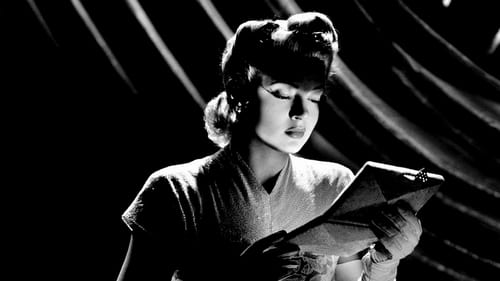
Portrait of Julia Jean Turner, from her childhood to her rise of fame as Lana Turner, to her last role.
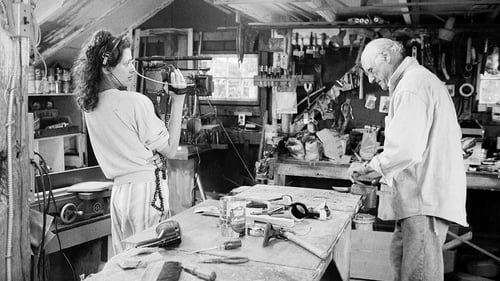
Self (archive footage)
A cineasta Rebecca Miller apresenta um retrato de seu pai, o dramaturgo americano Arthur Miller.

Self - Screenwriter (archive footage)
Documentário interessante sobre a vida de Marlon Brando com imenso material de arquivo.

Himself (archive footage)
A documentary that examines the films made by the victims of the Hollywood Blacklist and offers a radically different perspective on a key period in the history of American cinema.

Screenplay
A high school girl from a wealthy family falls for a fellow student from a poor family. Both families disapprove, and, unable to stand the pressure, the couple quit school and flee to Mexico.
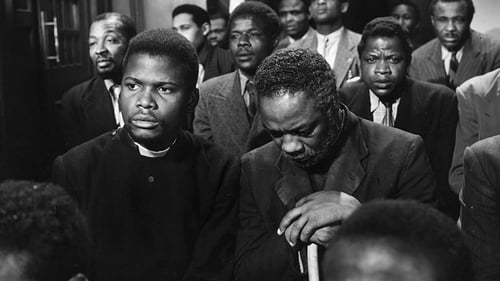
Writer
In the back country of South Africa, black minister Stephen Kumalo journeys to the city to search for his missing son, only to find his people living in squalor and his son a criminal. Reverend Misimangu is a young South African clergyman who helps find his missing son-turned-thief and sister-turned-prostitute in the slums of Johannesburg.
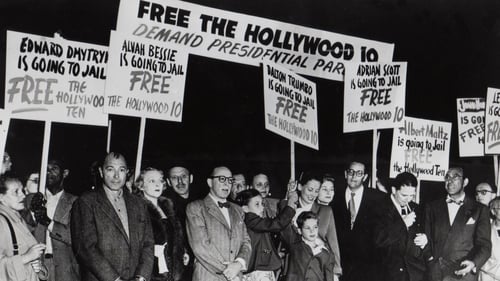
Self
A brief look at The Hollywood Ten, a group of screenwriters and directors charged with contempt of court after challenging the House Un-American Activities Committee and their controversial and self-incriminatory questions during the red scare. With that act of defiance, they were sentenced to one year in prison simply for speaking their minds and exercising their constitutional rights as concerned citizens. This is their story, their version of the facts, and their opinions.
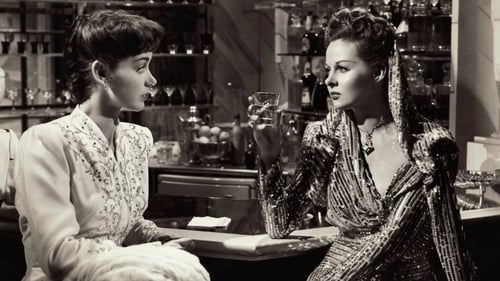
Screenplay
A nightclub singer uses alcohol in excess to sooth her painful life.

Screenplay
Two Russians fight to escape the seven Nazi soldiers trapped with them in a bombed building.

Screenplay
O sargento Joe Gunn e sua tripulação de tanque acolhem cinco soldados britânicos, um francês e um sudanês com um prisioneiro italiano, e cruzam o deserto da Líbia para voltar ao comando após a queda de Tobruk. Tambul, o sudanês leva-os a uma fortaleza abandonada no deserto onde eles esperam encontrar água. Logo um destacamento de soldados alemães chega e tenta barganhar comida por água, mas Gunn e sua turma recusam. Quando os alemães atacam, Gunn leva seus homens cansados do deserto em uma batalha desesperada, esperando que os reforços britânicos possam chegar a tempo.
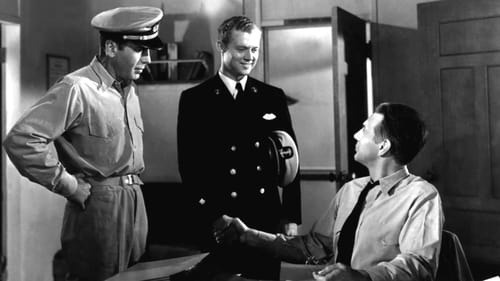
Screenplay
O tenente Joe Rossi é primeiro oficial num Navio da Liberdade em um grande comboio de Halifax para Murmansk. Depois de submarinos alemães atacarem o comboio seu navio se separa e está indo sozinho para Murmansk. Apesar dos ataques de aviões e submarinos alemães ele luta para levar o navio em segurança para Murmansk.
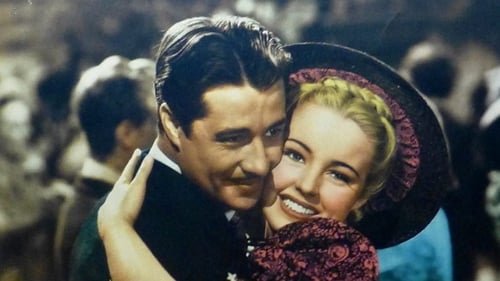
Screenplay
Four Sons is a 1940 film directed by Archie Mayo. It stars Don Ameche and Eugenie Leontovich. It is a remake of the 1928 film of the same name.

Writer
A murdered man helps his widow bring his killer to justice.
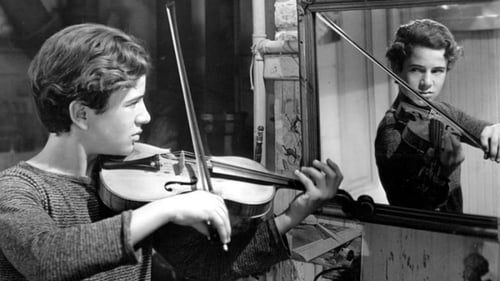
Screenplay
The future is bleak for a troubled boy from a broken home in the slums. He runs away when his step father breaks his violin, ending up sleeping in the basement of a music school for poor children.
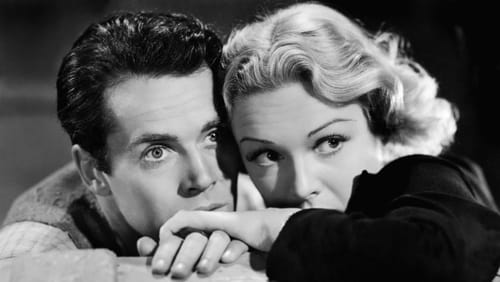
Writer
A simple peasant is forced to take up arms to defend his farm during the Spanish Civil War. Along the way he falls in love with a Russian girl whose father is involved in espionage.
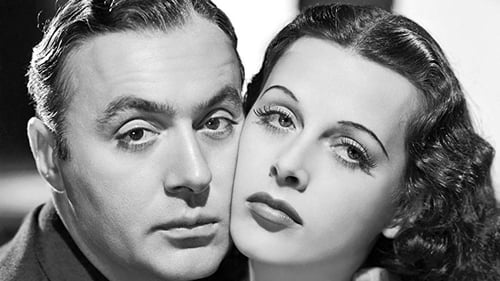
Screenplay
Pepe Le Moko is a notorious thief, who escaped from France. Since his escape, Moko has become a resident and leader of the immense Casbah of Algiers. French officials arrive insisting on Pepe's capture are met with unfazed local detectives, led by Inspector Slimane, who are biding their time. Meanwhile, Pepe meets the beautiful Gaby, which arouses the jealousy of Ines.
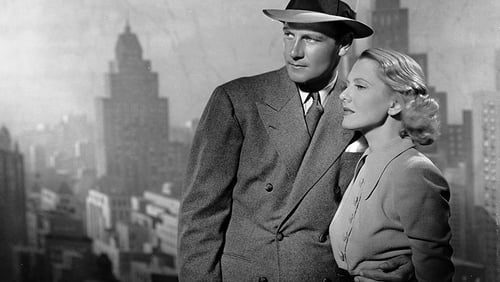
Adaptation
The story of an egotistical crime writer who gets involved with the case of a notorious art thief (who is believed to be dead) while at the same time romancing a lovely young actress who's in a play that also happens to be the cover for massive jewel job. Art connoisseur and criminologist George Melville is hired to track down art thieves, assisted by perky Claire Peyton and goaded by Phil Bane, the roaring newspaper editor who has employed him. The mastermind poses as a theatrical impresario and stages a war drama, replete with loud explosions, to divert attention from his band of thieves, who are cracking safes in a bank adjacent to the theater.

Screenplay
When a small-town girl's boyfriend leaves in disgrace, gossips spread false reports of her pregnancy.
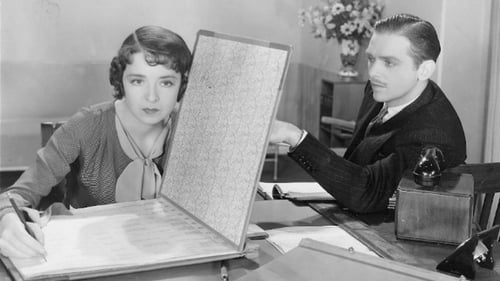
Screenplay
A young man ruthlessly climbs the corporate ladder only to attempt suicide when the stock market crashes.

Theatre Play
A young man ruthlessly climbs the corporate ladder only to attempt suicide when the stock market crashes.
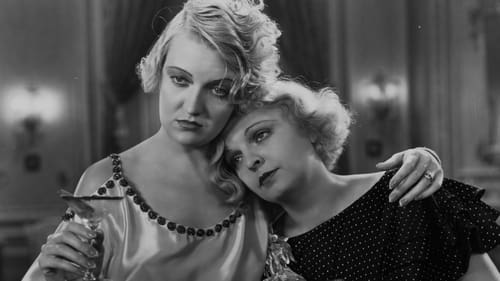
Writer
A sexy golddigger lands who she thinks is a wealthy big-game hunter from a royal family. What she doesn't know is that not only is he not wealthy, nor a big-game hunter nor from a royal family, but he's only a butler. Complications ensue as he tries to keep up the pretense.

Writer
A New York playboy, Wayne Carter, dates wild women until he falls for a hard-working stenographer, Helene Andrews.
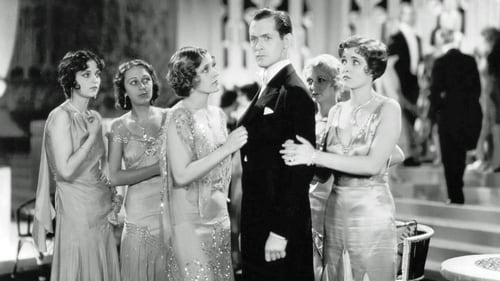
Writer
Three department store girls--Connie, Franky, and Gerry--share an apartment on West 91st Street in New York City. Each earns little more than 20 dollars per week. Gerry is the sensible one, but the others throw themselves at amoral rich men in an attempt to hook one and better themselves. They end up being hurt and disappointed despite Gerry's attempts to warn them.

Dialogue
Three department store girls--Connie, Franky, and Gerry--share an apartment on West 91st Street in New York City. Each earns little more than 20 dollars per week. Gerry is the sensible one, but the others throw themselves at amoral rich men in an attempt to hook one and better themselves. They end up being hurt and disappointed despite Gerry's attempts to warn them.
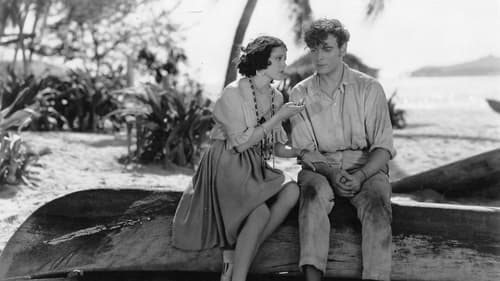
Writer
The sister of a sponge diver killed by a stingray loves an escaped convict posing as a priest.
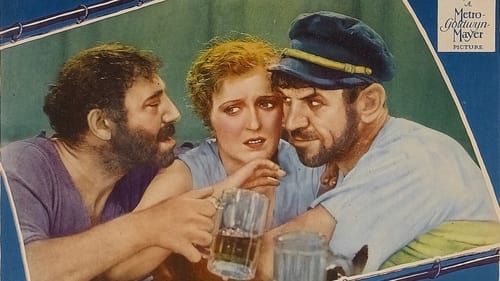
Screenplay
On a yacht sailing from Shanghai to the United States, the sailors, led by the megalomaniac steward, revolt and take control.
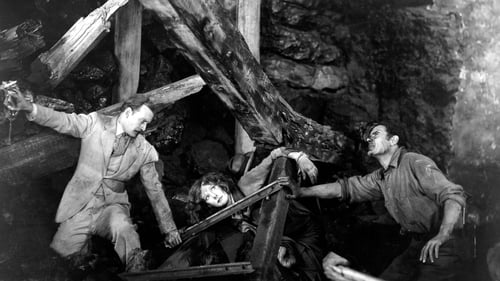
Dialogue
Wealthy Cynthia is in love with not-so-wealthy Roger, who is married to Marcia. The threesome is terribly modern about the situation, and Marcia will gladly divorce Roger if Cynthia agrees to a financial settlement. But Cynthia's wealth is in jeopardy because her trust fund will expire if she is not married by a certain date. To satisfy that condition, Cynthia arranges to marry Hagon Derk, who is condemned to die for a crime he didn't commit. She pays him so he can provide for his little sister. But at the last minute, Derk is freed when the true criminal is discovered. Expecting to be a rich widow, Cynthia finds herself married to a man she doesn't know and doesn't want to.

























